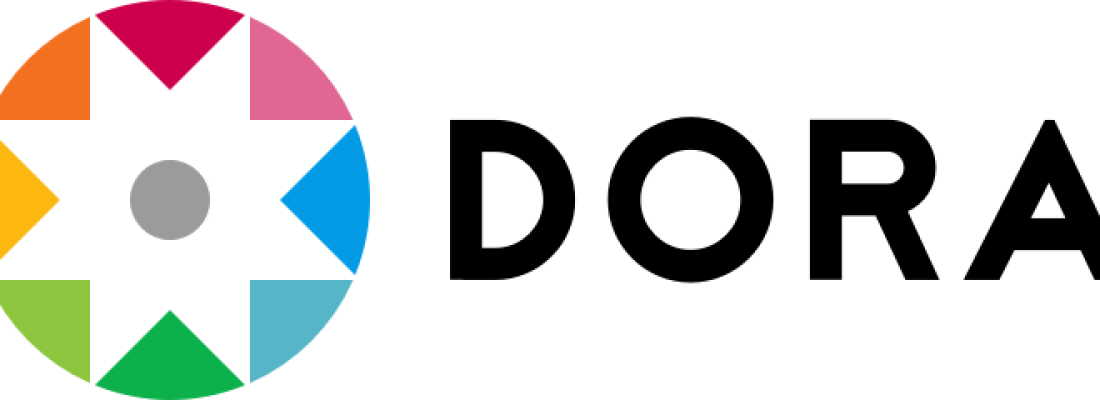Society and regional strategies Reading time 1 min
INRA signs the San Francisco Declaration on Research Assessment
Published on 30 August 2018

Assessing the quality and impact of research is a complex undertaking that INRA has long been involved in.
INRA has been evaluating the production of generic or operational knowledge and tools for action for many years. Research is assessed for more than just article publications in academic journals – products and results are taken into account in hiring, promotion and funding decisions.
The need to improve how scientific research is evaluated is what the San Francisco Declaration on Research Assessment (known as DORA) seeks to address. To date, 572 international organisations – now including INRA – and more than 12,300 researchers have signed it.
The San Francisco Declaration
The San Francisco Declaration on Research Assessment (DORA) was developed in 2012 by scientists from the American Society for Cell Biology (ASCB) and a group of scientific journal publishers. It was published in 2013 and aims to improve the scientific research evaluation process. It questions the growing use of bibliometrics in evaluating research and researchers and has put forward a number of recommendations to make assessment more relevant. It also encourages the recognition of other research products and the development of new indicators of research significance and impact.
Since the publication of DORA, the Leiden Manifesto for Research Metrics has widened the debate to the different metrics used to conduct research. It was published in April 2015 in Nature and disseminated in France by the Observatoire des Sciences et Techniques with a view to encouraging more dialogue between indicator producers, users and evaluated entities and individuals.
